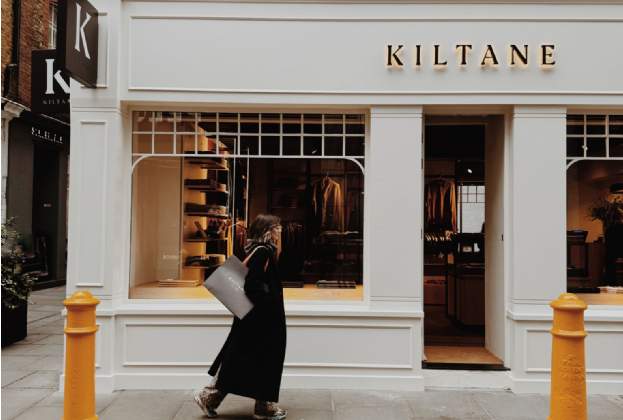It’s no secret that the UK retail market has faced significant structural challenges in the last couple of years, driven by the growth in online shopping and ongoing consumer uncertainty in the face of Brexit.
However, the foodstore sector has remained relatively immune to the challenges and, with the onset of Covid-19 resulting in an estimated 79 million additional supermarket visits being made in the four weeks leading up to lockdown, the sector looks set to continue its robust performance.
We can see this ongoing resilience reflected in investor appetite. According to PropertyData, transaction volumes in UK supermarkets were up 96.9 per cent last year to reach £1.75 billion – the highest volume seen since the last peak in 2013 – with overseas buyers being the most acquisitive at 33.5 per cent.
Additionally, indicative prime pricing for the sector has remained robust, with prime yields (for those assets on open market rent review structures) as of February 2020 standing at 4.75 per cent, having remained at this level since November 2018. In contrast, over this same period we have seen average prime yields across other retail markets move out by 56 basis points.
In spite of the impact of Covid-19 on the wider retail market, the appeal of foodstores to investors is likely to continue, and could even increase, due to the response and performance of the sector in light of the current situation. We’ve seen some supermarkets’ weekly sales comparable to, or above that, of Christmas trading, leading to operators carrying out additional measures to ensure more efficient stock replenishment as well as recruiting thousands of temporary workers.
The trading resilience of the sector throughout this crisis has also been reflected in the fact that operators have, by and large, continued to pay quarterly rents to landlords, with Supermarket Income REIT (the owner of a portfolio of Tesco, Sainsbury’s and Morrisons stores) receiving 100 per cent of its expected rent payments for the March quarter.
Furthermore, enhanced trading performance and cashflow could mean that some operators may be well positioned to complete buy-back deals later this year, in an attempt to increase freehold portfolios and therefore reduce exposure to future rental increases. We have seen Tesco, in particular, being active in this field, seeking to acquire a number of stores deemed to be over-rented.
Looking ahead, the ongoing resilience of the UK supermarket sector in the face of Covid-19 should continue to entice investors and support transaction activity. Similarly, the typically longer leases associated with foodstore assets will also support investor appetite post the current crisis, particularly from investors seeking long-term income security.
As a result, we expect supermarkets will continue to be one of the standout subsectors of the retail investment market, as we progress into the latter part of 2020 and into 2021.
.jpg)
.jpg)







.jpg)
